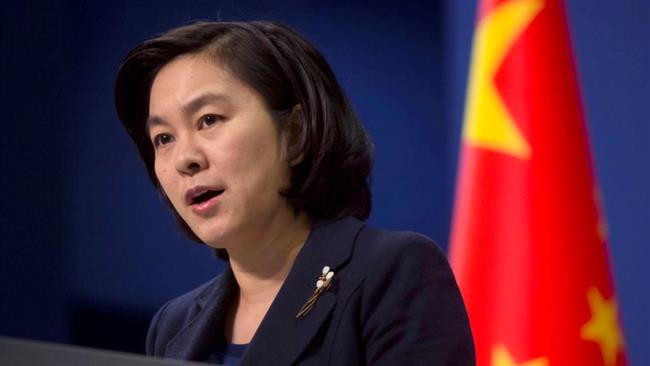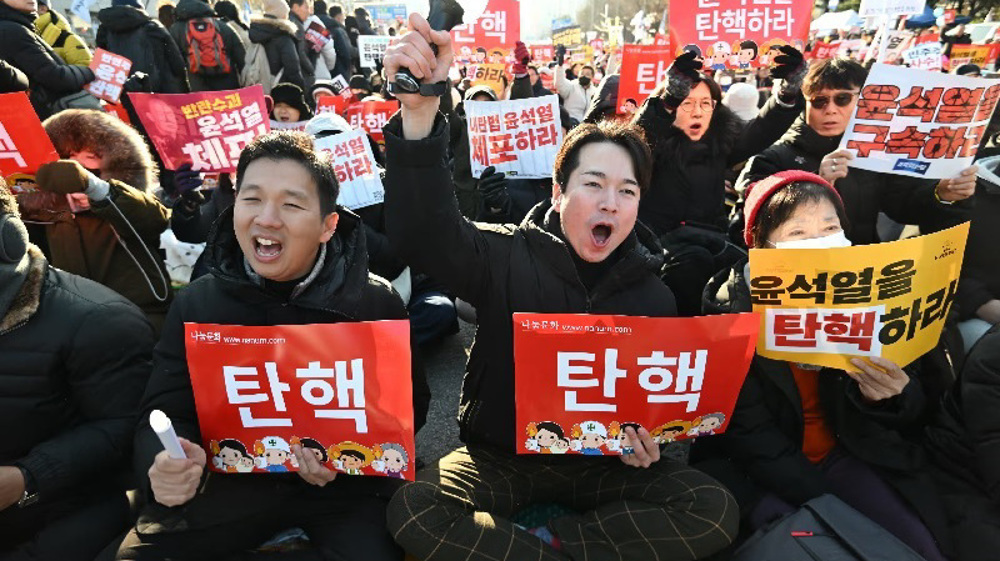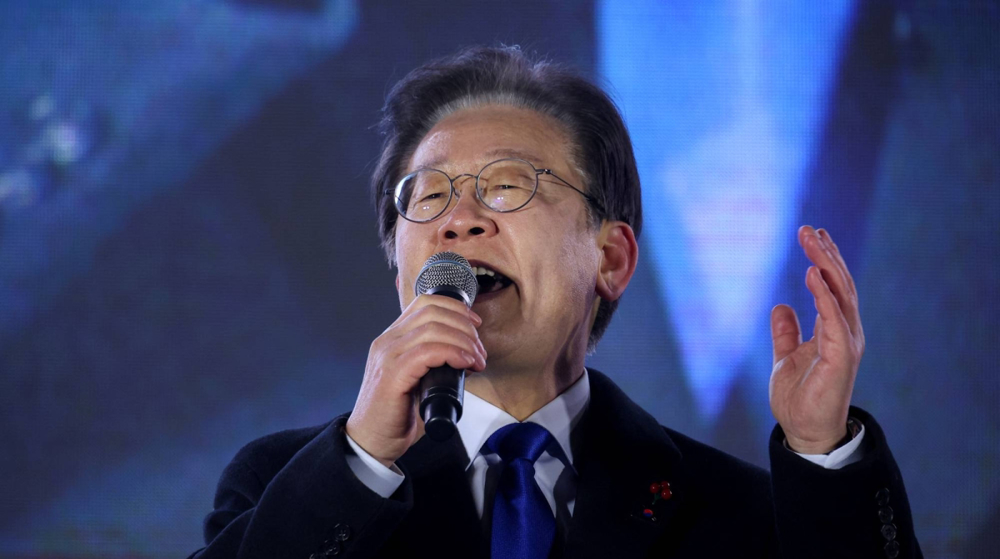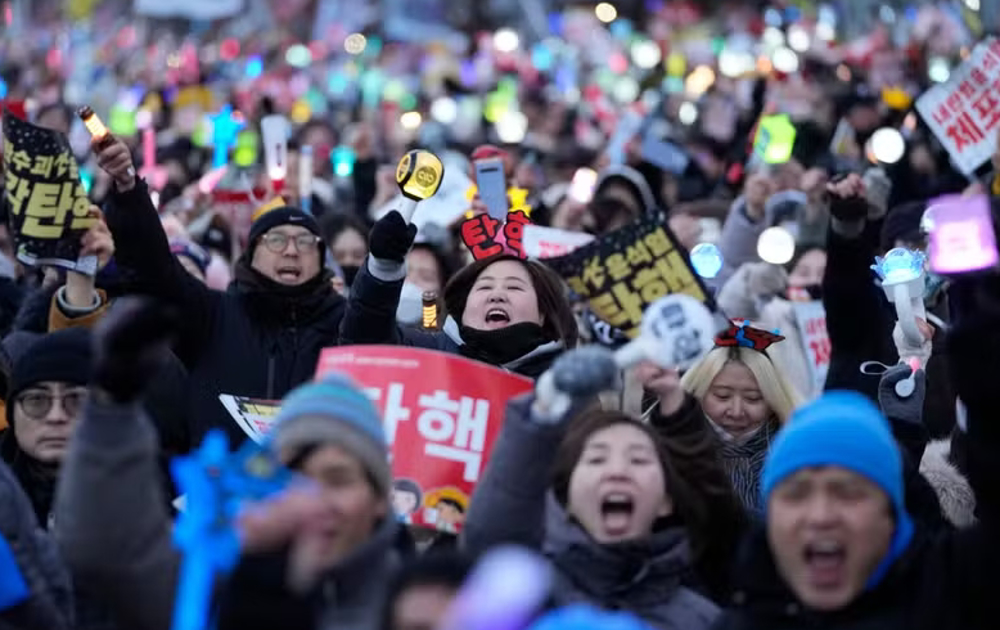China calls on all countries to take steps to reduce tensions in Korean Peninsula
China has called on the international community to put in constructive efforts in an attempt to ease escalating tensions in the Korean Peninsula after North Korea described the UN’s latest round of sanctions against Pyongyang as an “act of war” and tantamount to a total economic blockade.
“In the present situation, we call on all countries to exercise restraint and make proactive and constructive efforts to ease the tensions on the peninsula and appropriately resolve the issue,” said Chinese Foreign Ministry spokeswoman Hua Chunying at a daily news briefing in capital Beijing on Monday.
Her comments came three days after the UN Security Council voted unanimously in favor of a US-drafted resolution that, among other crippling sanctions, sought to ban almost 90 percent of the North-bound exports of refined petroleum products by limiting them to 500,000 barrels a year. It further capped crude oil supplies to North Korea at 4 million barrels a year.
The resolution also committed the UNSC to further reductions if it were to carry out another nuclear test or launch another intercontinental ballistic missile (ICBM).
The council said it had adopted the punitive measures in a bid to force the North’s leaders to halt their contentious nuclear and missile programs, less than a month after Pyongyang announced that it had successfully tested an ICBM in a “breakthrough” that places the US mainland within range of its nuclear weapons, whose warheads could endure re-entry to the Earth’s atmosphere.
The controversial test drew quick and widespread condemnations, with Nikki Haley, the US envoy to the UN, threatening to destroy Pyongyang in case of a possible war.
On Sunday, Pyongyang denounced the new punitive measures in a strongly-worded statement, saying it was a “pipe dream” for Washington to think the North would abandon its nuclear program. It also called the new resolution an “act of war” that violates North Korea’s sovereignty.
The Chinese foreign ministry spokeswoman also noted on Monday that although the resolution appropriately strengthened the sanctions it was not designed to affect common people, normal economic exchanges and cooperation, or humanitarian aid.
However, she reiterated the need of peaceful means to resolve the persisting issue and that all sides should take steps to defuse the growing tension. China has repeatedly urged the involved parties to show restraint, calling on them to return to talks.
Beijing remains Pyongyang’s closest and largest commercial partner, purchasing some 83 percent of the North’s exports and selling 85 percent of the goods imported by the peninsular country.
Meanwhile, Russian Foreign Minister Sergei Lavrov called on Washington and Pyongyang to commence negotiations aimed at putting an end to tensions on the Korean Peninsula.
North Korea has been under a raft of crippling UN sanctions since 2006 over its nuclear tests as well as multiple rocket and missile launches. Pyongyang has firmly defended its military program as a deterrent against the hostile policies of the US and its regional allies, including South Korea and Japan.
North Korea has already demanded a halt to what it called “brutal sanctions” imposed by the UNSC, saying the previous bans imposed after Pyongyang’s sixth and most powerful nuclear test on September 3 constitute “genocide.”
Israel admits assassinating Hamas leader, vows to inflict same fate on Yemeni fighters, people
VIDEO | Yemeni forces repel US-British attack, down F-18 Jet
Iran’s capabilities vast; enemy’s ‘maximum pressure’ policies all failed miserably: Senior official
Iran’s economy grew 2.7% y/y in Sep quarter: CBI
VIDEO | Freelancers in Gaza strive to stay online amid genocide
Mikati demands Israel's withdrawal from south Lebanon
Yemeni army strikes Israeli military sites with drones
‘Clock ticking’: UNRWA slams unjustifiable killing of children in Gaza













 This makes it easy to access the Press TV website
This makes it easy to access the Press TV website